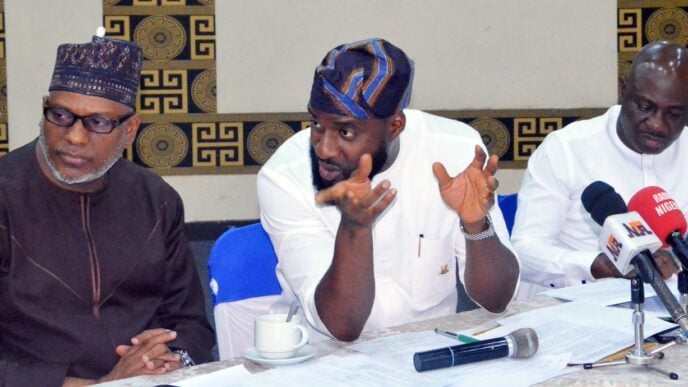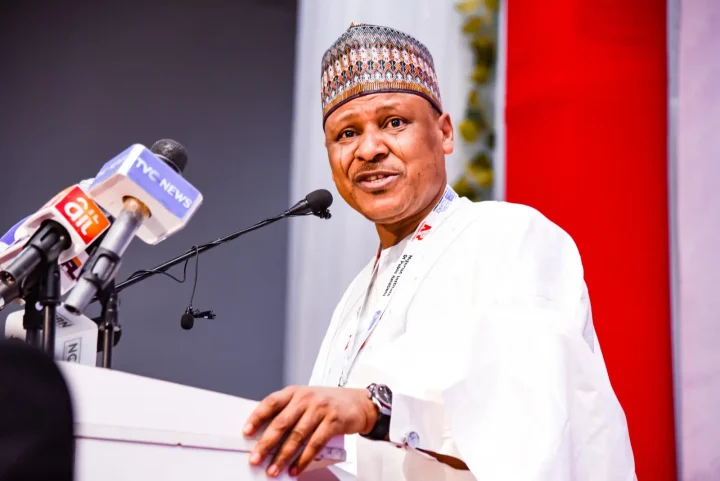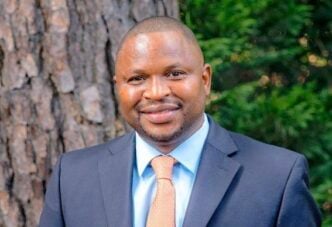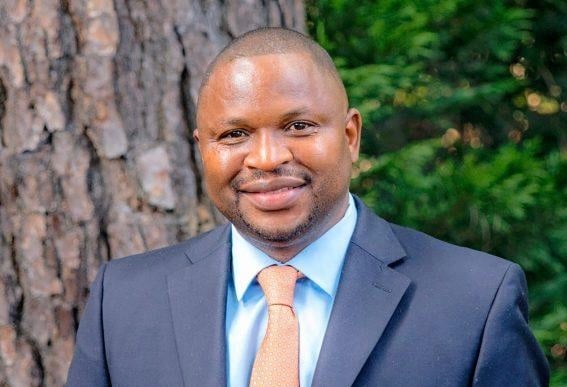Eat Me: Oat, barley… five super healthy grains to include in your diet
Nentawe Yilwatda, minister of humanitarian affairs and poverty reduction, says the federal government will lead an array of multisectoral responses to tackle the food crisis in conflict-hit Borno, Adamawa, and Yobe states.
Yilwatda spoke on Tuesday during the launch of the 2025 lean season food security and nutrition crisis multisector plan at the United Nations (UN) House in Abuja, the nation’s capital.
According to the UN’s Office for the Coordination of Humanitarian Affairs (OCHA), 4.6 million people in the three states are at risk of severe hunger, while 630,000 children under five years face acute malnutrition in the lean season.
Several UN agencies, including the United Nations International Children’s Emergency Fund (UNICEF), World Food Programme (WFP), Food and Agriculture Organisation (FAO), and other international and local non-governmental organisations (NGOs), supported by state governments, are at the forefront of tackling the challenges.
Advertisement
However, Mohamed Fall, UN resident and humanitarian coordinator in Nigeria, said the lifesaving programmes are shrinking or closing altogether due to dramatic cuts in funding for humanitarian operations.
“A lot of capacity has disappeared, and we are now only focusing on lifesaving activities and our ability to deliver. Everything that is in the plan is strictly lifesaving compared to previous years,” Fall said.
“The gains that we have made in the last few years in preventing malnutrition and increasing our joint capacity to treat malnourished children are being wiped out.”
Advertisement
Fall noted that the six-month lean season operational response requires $159 million for Borno, Adamawa, and Yobe.
A total of two million people in the states are targeted.
Yilwatda said the situation poses a challenge to President Bola Tinubu’s “renewed hope agenda” and tests the government’s capacity to act when necessary.
The minister lauded OCHA’s multisector plan that brings food assistance, nutrition, health, water and sanitation, protection, agriculture, and early recovery into one approach, noting that no single sector or intervention can fix the cycle.
Advertisement
Yilwatda said the federal government would play its part in ensuring the plan is realised.
“We are leveraging the national social register, geotagged to enable real-time vulnerability mapping,” he said.
“We are integrating digital targeting to reach displaced persons and host communities more efficiently and transparently. And we are anchoring the plan in local leadership because ownership at the state and LGA levels is not optional — it is essential.
“Let me be clear. The federal government will lead from the front — not just in coordinating this response but in ensuring alignment with national policy, clarity of roles, and accountability of outcomes.
Advertisement
“We will support state structures, empower frontline actors, and ensure every kobo is traceable and impactful.”
The minister urged international and local partners to align their responses with national systems and state authorities.
Advertisement










